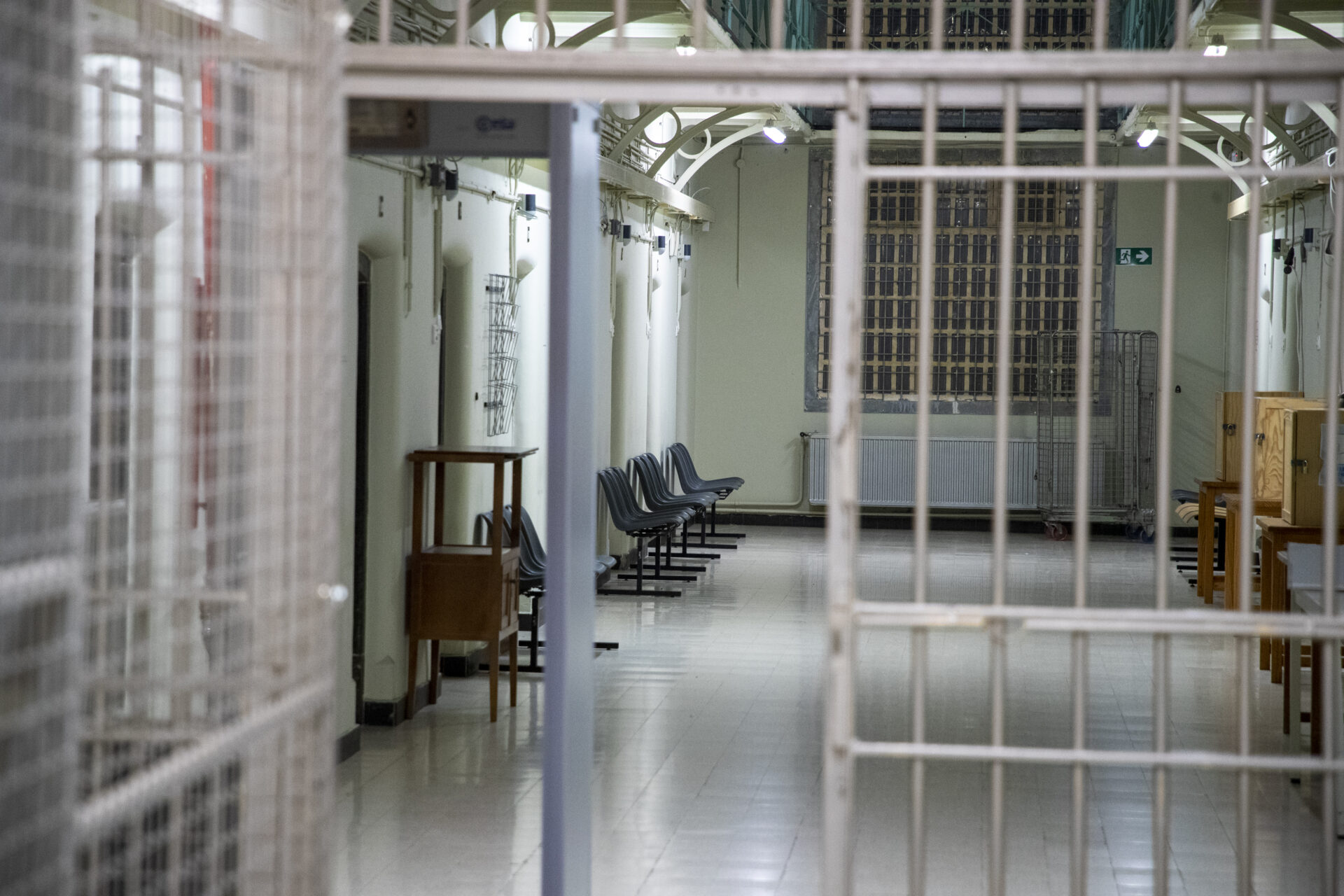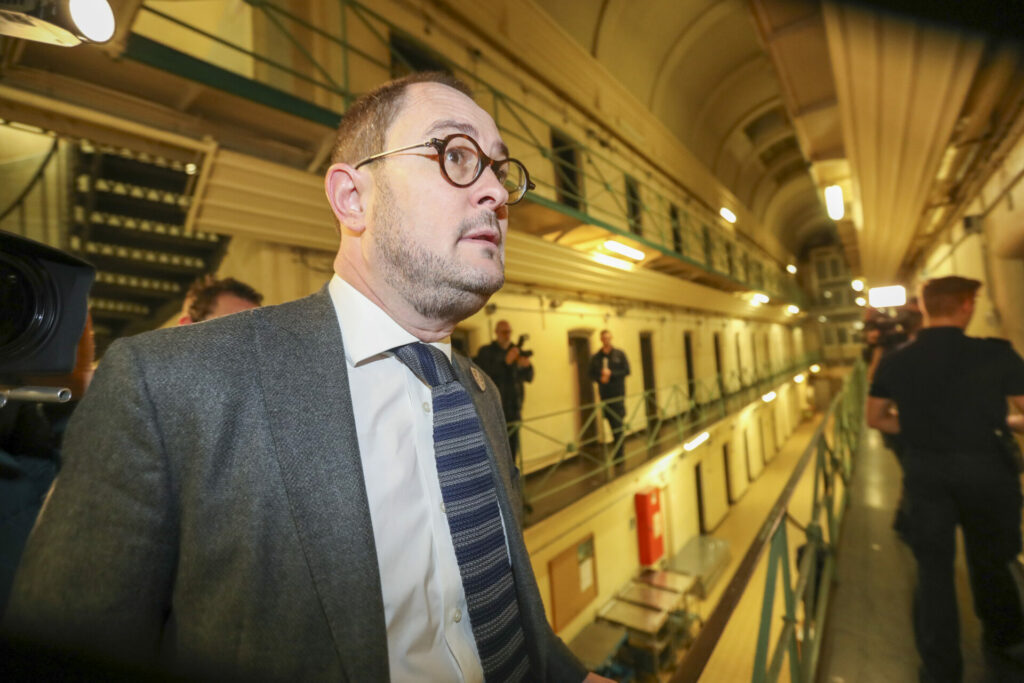In the thrall of a war on drugs, Belgium is becoming "increasingly creative" in its approach to fighting organised crime, says Federal Justice Minister Vincent Van Quickenborne. Its latest source of inspiration is Italy, which has decades of experience when it comes to fighting the mafia.
Historically, organised crime groups had a firm grip on Italian society, but also extended their influence and business well beyond Italy. In the 1980s, however, the tide turned in the fight against the Italian mafia.
As part of a stricter regime, named 41 bis, the Italian judiciary completely cut drug lords off from their network while in prison. The new regime isolated drug lords in cells that were closely guarded to eliminate any possible contact with their criminal organisation.
Now, several decades later, Federal Justice Minister Vincent Van Quickenborne paid a visit to Italy's capital and a special wing in Rome's Rebibbia prison, where mafia bosses are locked up under this strict regime to take note of its system. Here, inmates are only allowed to see their close relatives for one hour a month, and the entire interaction is recorded.

The Italian prison regime makes it possible for druglords to be isolated in closely guarded cells. Credit: Belga/ Nicolas Maeterlinck
Here, Van Quickenborne hoped to learn more about how Belgium should organise the detention of leaders responsible for narcoterrorism.
"We know that the fight against organised crime in our country is a long and hard struggle. It is not only about punishment, but also about making sure that mafia bosses are cut off from their network after their conviction," Van Quickenborne said, adding that this should prevent ringleaders from continuing to direct their criminal networks and even recruit new people.
"The Italians have done this successfully and they have managed to break the backbone of the mafia."
Setting up similar system
Van Quickenborne will now set up a task force on Thursday to research what elements from the Italians' approach can be applied in Belgium.
The team will not only examine the technical and procedural side — for ewample, whether a chage in laws would be needed — but also what the sharing of information, the follow-up of detainees, the protection of prison staff and their training should look like.
Related News
- Belgium and Panama sign agreement to combat drug trafficking
- Crime of the century: Two years on from Belgium's biggest bust
"However, we too are not starting from scratch. In our fight against terrorism, we previously isolated the ideological hardliners" in the private wings in the Hasselt and Ittre prisons. The task force will also take into account experience gained here in the fight against terrorism.
While in Italy, some 740 prisoners are in solitary confinement, it is likely that in Belgium, just a dozen or so top criminals from the drugs milieu will be placed in these facilities.

